Polygon Characteristics -> week
Week
A week is a unit of time that consists of seven days. It is a commonly used time period for organizing and scheduling activities. Understanding the days of the week and how they relate to each other is important for various aspects of time management and planning.
Days of the Week
There are seven days in a week, each with its own name:
- Monday
- Tuesday
- Wednesday
- Thursday
- Friday
- Saturday
- Sunday
Time-related Concepts
When discussing weeks, it's important to understand some key concepts:
- Weekdays and Weekends: Weekdays are the days from Monday to Friday, while the weekend consists of Saturday and Sunday.
- Workweek: In many countries, the workweek typically refers to the five weekdays from Monday to Friday, during which most people work or attend school.
- Week Number: Weeks are often numbered for organizational and scheduling purposes. The first week of the year is designated as Week 1, and the numbering continues throughout the year.
Study Guide
Here are some key points to focus on when studying the topic of weeks:
- Memorize the names and order of the days of the week.
- Understand the difference between weekdays and weekends.
- Learn to identify the number of the week in a given month or year.
- Practice using the days of the week in sentences and scenarios, such as scheduling events or planning activities.
Real-world Application
Understanding weeks is crucial for various real-world activities, such as:
- Planning work and school schedules
- Organizing social events and appointments
- Tracking deadlines and important dates
- Coordinating activities with others
Overall, mastering the concept of weeks and the days within them is essential for effective time management and organization.
[Week] Related Worksheets and Study Guides:
.◂Math Worksheets and Study Guides Fifth Grade. Polygon Characteristics
Study Guide Polygon Characteristics
Polygon Characteristics  Worksheet/Answer key
Worksheet/Answer key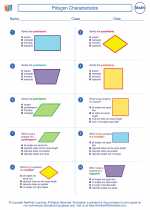 Polygon Characteristics
Polygon Characteristics  Worksheet/Answer key
Worksheet/Answer key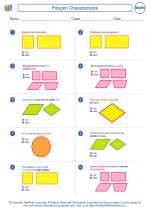 Polygon Characteristics
Polygon Characteristics  Worksheet/Answer key
Worksheet/Answer key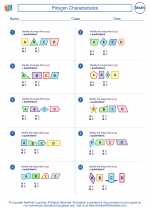 Polygon Characteristics
Polygon Characteristics  Worksheet/Answer key
Worksheet/Answer key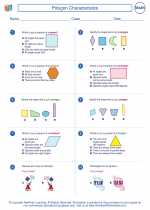 Polygon Characteristics
Polygon Characteristics  Worksheet/Answer key
Worksheet/Answer key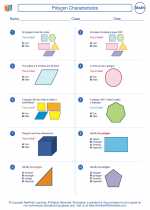 Polygon Characteristics
Polygon Characteristics  Worksheet/Answer key
Worksheet/Answer key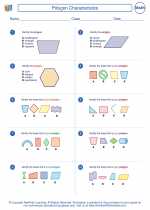 Polygon Characteristics
Polygon Characteristics  Worksheet/Answer key
Worksheet/Answer key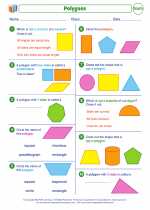 Polygons
Polygons  Worksheet/Answer key
Worksheet/Answer key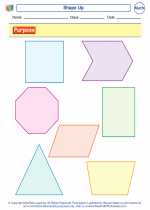 Shape Up
Shape Up  Vocabulary/Answer key
Vocabulary/Answer key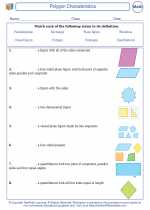 Polygon Characteristics
Polygon Characteristics 

 Worksheet/Answer key
Worksheet/Answer key
 Worksheet/Answer key
Worksheet/Answer key
 Worksheet/Answer key
Worksheet/Answer key
 Worksheet/Answer key
Worksheet/Answer key
 Worksheet/Answer key
Worksheet/Answer key
 Worksheet/Answer key
Worksheet/Answer key
 Worksheet/Answer key
Worksheet/Answer key
 Worksheet/Answer key
Worksheet/Answer key
 Vocabulary/Answer key
Vocabulary/Answer key

The resources above cover the following skills:
Geometry (NCTM)
Analyze characteristics and properties of two- and three-dimensional geometric shapes and develop mathematical arguments about geometric relationships.
Identify, compare, and analyze attributes of two- and three-dimensional shapes and develop vocabulary to describe the attributes.
Classify two- and three-dimensional shapes according to their properties and develop definitions of classes of shapes such as triangles and pyramids.